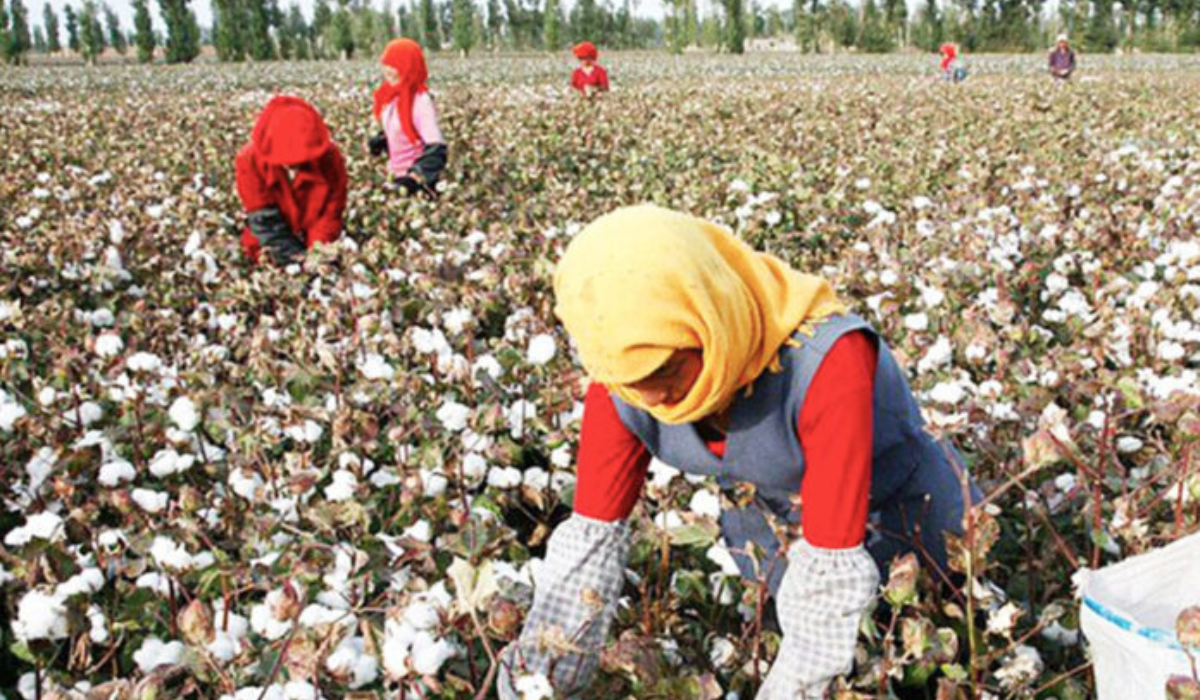Recent developments have put UK companies at risk of prosecution due to the National Crime Agency’s (NCA) failure to investigate cotton imports that may involve forced labour from the Uyghur region of China. A pivotal Court of Appeal judgment on 27 June 2024, regarding the case of World Uyghur Congress v National Crime Agency [2024] EWCA Civ 715, overturned a previous High Court decision, determining the NCA’s inaction as unlawful. This ruling serves as a stern reminder for UK corporations to scrutinise their supply chains for integrity or face potential legal repercussions.
Background: Human Rights Violations in Xinjiang
The Uyghurs, an ethnically distinct group residing in East Turkistan, have faced significant oppression since the Chinese government’s occupation began in 1949. Reports have surfaced detailing severe human rights abuses against this community, particularly since 2017. Crucially, the cotton industry has become a focal point of these abuses, as reports indicate that many Uyghurs are subjected to systematic forced labour programmes. With a staggering 85% of China’s cotton output originating from the Xinjiang Uyghur Autonomous Region (XUAR), the stakes are high for UK businesses involved in this supply chain.
Judicial Proceedings: Initial Rejection and Subsequent Appeal
In April 2020, the World Uyghur Congress (WUC) presented compelling evidence to the NCA about human rights violations linked to cotton products from the XUAR. They argued that the NCA should have initiated an investigation under the Proceeds of Crime Act 2002 (POCA) regarding these cotton imports, viewing them as suspected criminal property tied to forced labour. However, the NCA rebutted this claim, stating that an investigation could not proceed without identifying specific consignments deemed as criminal property.
The WUC pursued a judicial review of the NCA’s refusal to investigate, but the High Court dismissed their challenge in January 2023. The ruling prompted the WUC to appeal, which ultimately led to the Court of Appeal’s landmark decision in May 2024. The Court found that the NCA had erroneously interpreted the law regarding the initiation of an investigation into potential money laundering tied to cotton imports.
Significant Takeaways and Future Implications
The Court of Appeal’s judgment underscores a vital shift in the legal landscape regarding corporate accountability in the UK. It makes clear that the presence of monetary transactions within the supply chain does not preclude investigations into alleged criminal activities. With no existing legislation barring products from the XUAR – unlike the EU’s forced labour law or the US’s Uyghur Forced Labor Prevention Act – it becomes crucial for the UK to reinforce its regulatory framework.
This ruling also holds implications for individuals affected by forced labour. Should the NCA’s forthcoming investigations reveal companies violating laws, victims could seek compensation through civil courts. For instance, Leigh Day is currently involved in a notable case representing Malaysian workers alleging forced labour conditions at a factory, highlighting the pressing need for legal avenues for justice.
Conclusion: Ensuring Corporate Accountability
The overturned ruling in favour of the World Uyghur Congress provides a significant clarification regarding the NCA’s regulatory powers. However, it emphasises a broader need for UK corporations to ensure their supply chains do not profit from human rights violations. The marriage of stringent regulatory measures with robust legal channels for victim compensation is essential to deter UK companies from benefitting from forced labour and safeguard the integrity of their operations. Only through these combined efforts can we strive for a more ethical business landscape.


